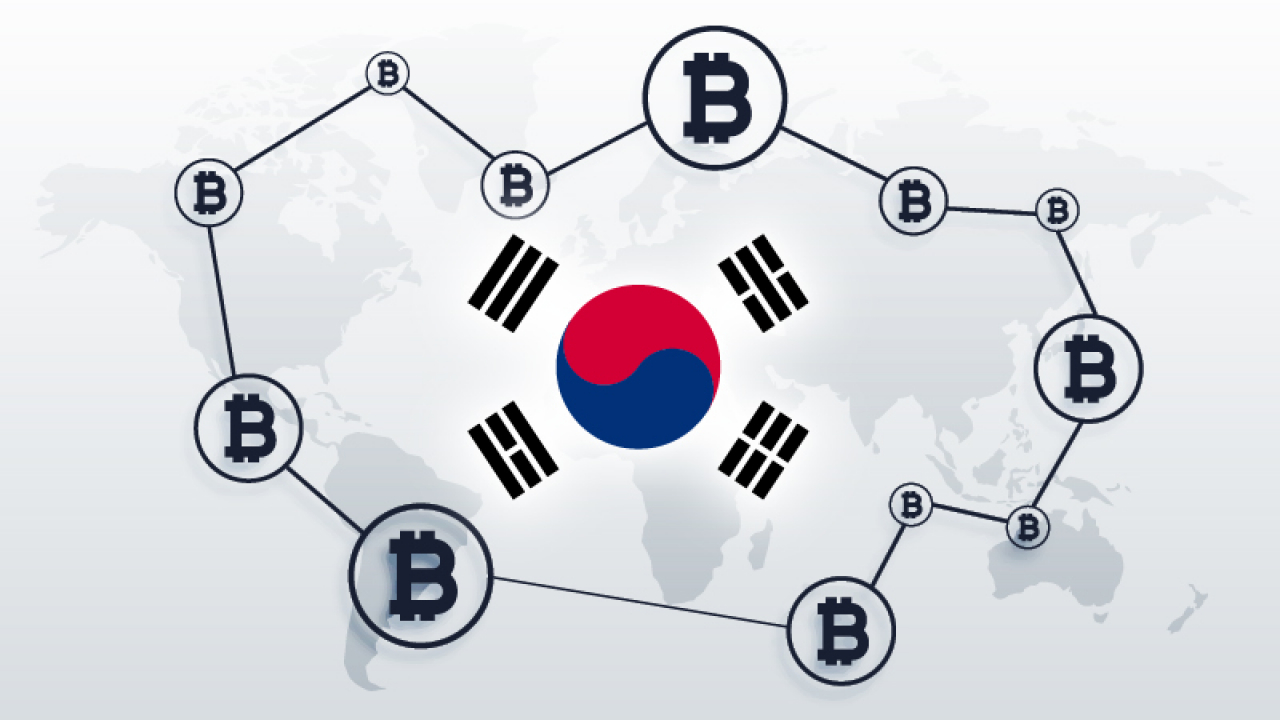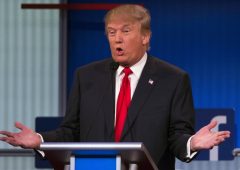South Korea Regulator Targets Top Crypto Exchanges
24.07.2024 20:00 1 min. read Alexander Stefanov
South Korea’s Financial Supervisory Service (FSS) has summoned the nation’s top five cryptocurrency exchanges—Upbit, Bithumb, Coinone, Korbit, and Gopax—to address recent fee hikes amid new regulations.
This action, taken on July 24, 2024, is part of a broader regulatory crackdown following the introduction of the Virtual Asset User Protection Act.
The FSS’s scrutiny comes after Bithumb raised its deposit fee from 2.2% to 4% per year, a move it later retracted. Other exchanges like Upbit and Korbit have also increased their fees since the Act’s enforcement. The FSS is investigating whether these fee increases comply with the law’s requirement for “reasonable” fees.
The meeting aimed to clarify how fees are calculated and to address disputes over their fairness. Exchanges were asked to provide detailed information on their fee structures and deposit practices.
This oversight is part of South Korea’s wider regulatory efforts to tighten control over the cryptocurrency market. The FSS has also introduced measures to monitor unusual trading patterns, while the Digital Asset Exchange Alliance (DAXA) reviews over 1,300 digital assets for compliance. The new regulations signal a significant shift towards stricter oversight in the crypto sector.
-
1
U.S. State of Connecticut Blocks Crypto from Public Sector Operations
12.06.2025 16:00 1 min. read -
2
Federal Reserve Clears Path for Banks to Enter Crypto Market
24.06.2025 8:00 2 min. read -
3
Vietnam Charts a Clear Course for Digital Assets With New 2026 Law
16.06.2025 18:00 1 min. read -
4
GENIUS Act Clears Senate, Setting Stage for First U.S. Crypto Law
18.06.2025 12:00 1 min. read -
5
Coinbase and Set Gemini to Expand in EU Under MiCA Rules
17.06.2025 13:00 2 min. read
Kazakhstan to Establish State Crypto-Reserve Under Central Bank Oversight
Kazakhstan is taking a major step toward integrating digital assets into its national financial strategy, with plans to establish a state-managed crypto-reserve.
Europe’s Largest Euro-Denominated Spot Crypto Exchange Secures License Under MiCA
Bitvavo, Europe’s largest euro-denominated spot crypto exchange, has officially received a MiCA license from the Dutch Authority for the Financial Markets (AFM), allowing the firm to operate across all 27 European Union member states.
U.S. Crypto Investors Hit by IRS Letter Surge as Tax Crackdown Looms
In just two months, crypto tax platform CoinLedger observed a staggering 700% surge in the number of U.S. users receiving IRS warning letters, signaling a sharp escalation in federal tax enforcement targeting digital asset holders.
Ripple Drops Cross-Appeal, Moves to End SEC Case “Once and for All”
Ripple CEO Brad Garlinghouse announced Friday that the company is officially dropping its cross-appeal in its long-running legal battle with the U.S. Securities and Exchange Commission (SEC), signaling a final move toward ending the years-long case.
-
1
U.S. State of Connecticut Blocks Crypto from Public Sector Operations
12.06.2025 16:00 1 min. read -
2
Federal Reserve Clears Path for Banks to Enter Crypto Market
24.06.2025 8:00 2 min. read -
3
Vietnam Charts a Clear Course for Digital Assets With New 2026 Law
16.06.2025 18:00 1 min. read -
4
GENIUS Act Clears Senate, Setting Stage for First U.S. Crypto Law
18.06.2025 12:00 1 min. read -
5
Coinbase and Set Gemini to Expand in EU Under MiCA Rules
17.06.2025 13:00 2 min. read


